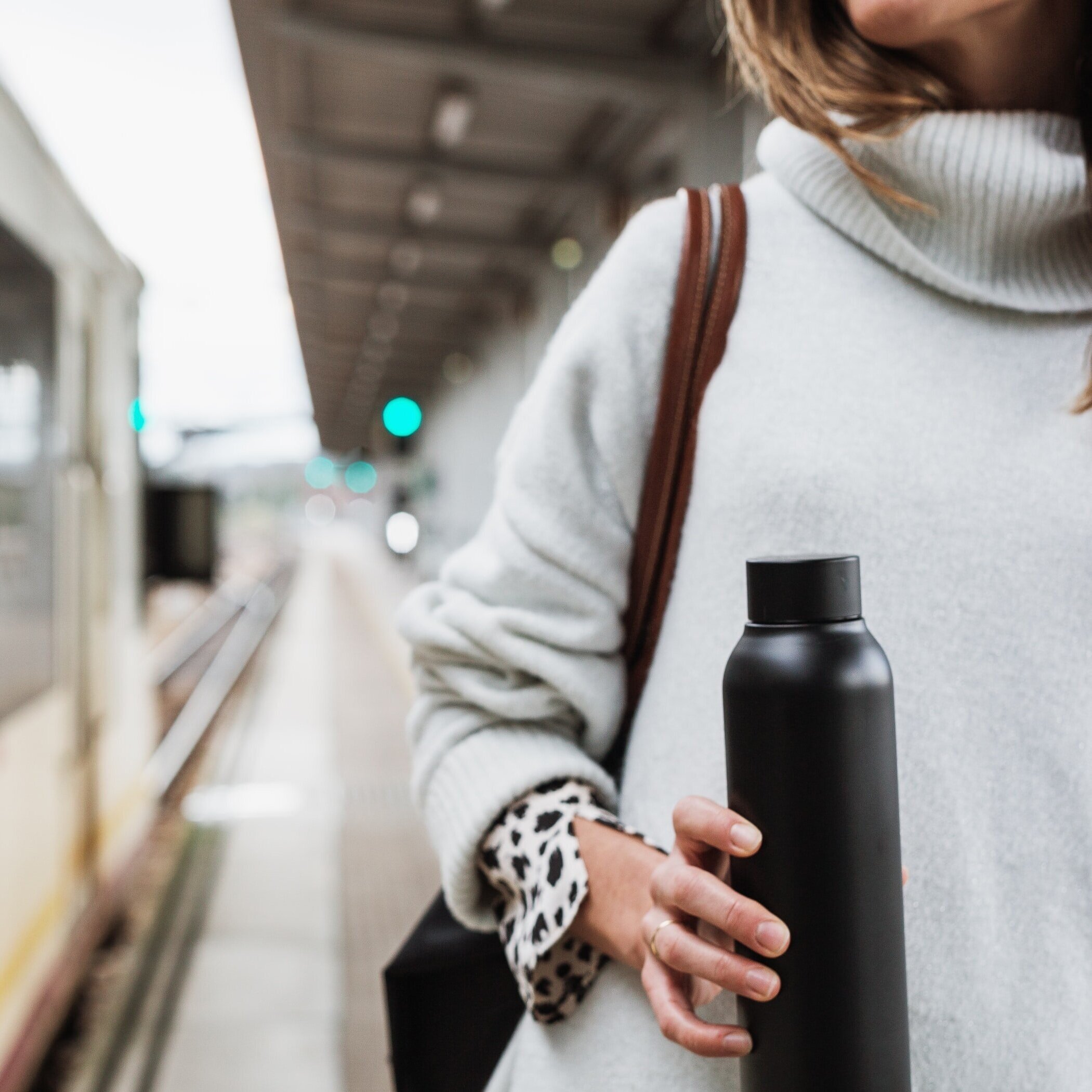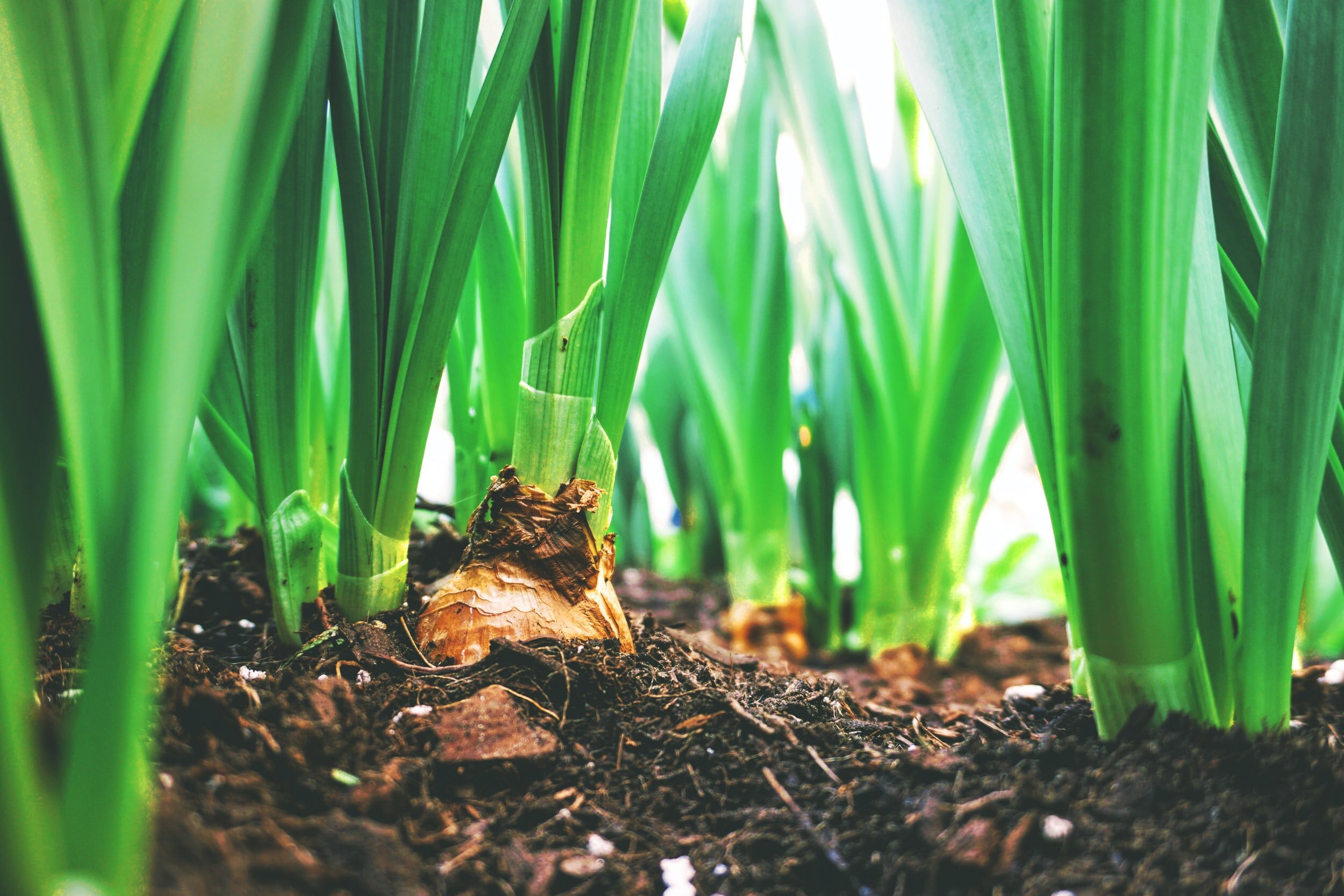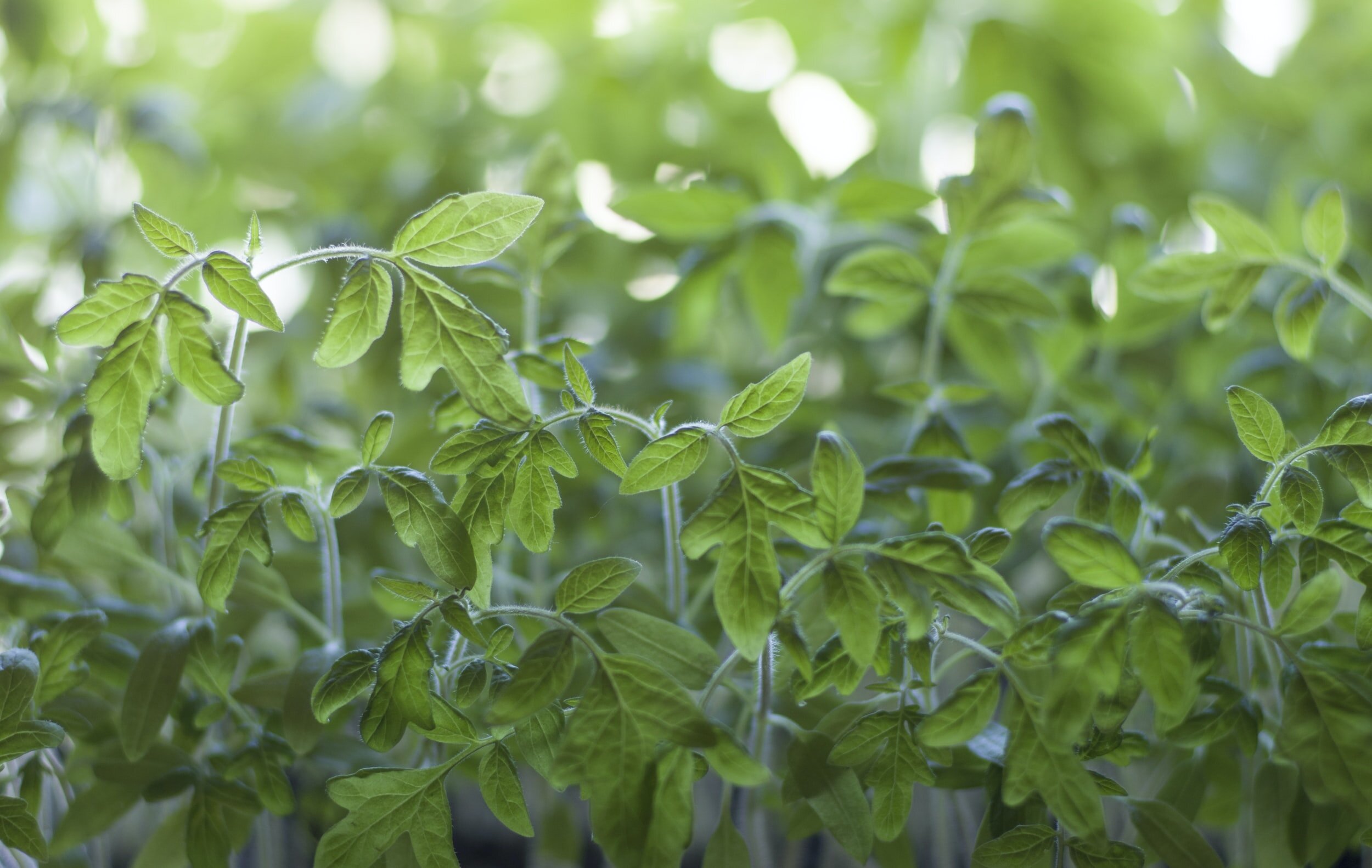So, tell me what you want, what you really, really want
I want, uh….?
One of first things you will need to do, to avoid greenwashing, is to figure out what it is you want from a product.
This may sound obvious, but I think a lot of us feel obliged to be more eco-conscious and there is such a buzz at the moment about doing your bit for the environment that we are like, ‘yeah - sure, sign me up!’. The problem with this is we haven’t taken the time to consider what that means, and especially, to decide what we want that to mean for us individually. If you don’t know what you are looking for or going after, then you are going to be easily duped by vague ‘eco’ and ‘green’ labelling.
Environmental impact issues are complex so you will need to define exactly what it is you are hoping to achieve. If you haven’t already gone through my basics series I recommend you do that before heading any deeper into unpacking greenwashing. I wrote the Basics series because I wanted to help others successfully navigate their own sustainability journey. It is full of foundational values, frameworks and practical examples I have found super useful.
Click through to the far right to read the blogs in order.
One of the major frameworks to use when deciding what you want is the spectrum of sustainability. Sustainability operates on a spectrum rather than as an absolute. Very little of what we do as humans, in terms of how we interact with the natural world, is entirely sustainable or eco-friendly. What we can do, even within the disconnected man-made structures we live in, is work towards being more eco-friendly and increasingly sustainable in our practices. We may not reach full sustainability, or zero waste for example, but it is very important that we do our best and go as far as we can in order to limit our negative impact our the planet.
The question to ask yourself is, ‘how eco-friendly do I want to be?’
‘What level of sustainability am I aiming for and in relation to what?’
You may have realised by now that there are many areas of our lives, and the products we use, that could be more sustainable and to address them all at once would be overwhelming. You don’t need to. You can just choose one for now and work on that.
What do you want?
The next step is to figure out what you, personally, care about. And I don’t mean what others have told you should care about. What do you care about and want to see change? There is no way we can do this half-hearted but at the same time it is very difficult to do absolutely everything whole heartedly. We only have so much time, resources and capacity. Think carefully about what you want to commit to and be intentional about the things you care about. There is no point in wasting your energy on an environmental issue somebody over there thinks (or what you think they think) you should be doing or caring about if that’s not where your heart is.
Define it
Once you have figured out what you care about it’s time to set some goals and define the measurables! Now… don’t zone out on me. This can be easier and more fun than it sounds (read rewarding if you are not sure how any of this can be fun).
I’ll use one of my pet peeves (which I am sure you have picked up by now) as an example.
Motivation What do I care about?
I have strong feelings about plastic. I mean it is super useful and versatile and that’s why it is everywhere, but it is a dangerous chemical that pollutes the environment and our own bodies. It never breaks down but just breaks up into smaller and smaller pieces until it is in everything including the air we breathe and the water we drink. Scary and yuck!
Goal What do I want to do about it?
I could say I am never going to use any plastic ever again, but this is not possible in the world I currently inhabit. A good place to start would be to no longer use single-use plastic.
Measurables How am I going to do this?
Ooops, this is where is gets a bit more complicated… damn!
Just being real here. This is why I started Let the Earth and why I am writing this – because how is always the hardest part. I hate the idea that someone can care about something and know what they want to achieve, but not be able to do it because there are too many barriers blocking their way. Part of what I enjoy about being an Eco Consultant is removing as many barriers as possible and empowering people to make the sustainable changes they want in life.
So lets break this down shall we.
My example was: I don’t want to pollute the planet with plastic, so I am working on eliminating single-use plastic from my life. When I am buying anything, because I know what I want, I will ask of the product a) are you plastic? b) are you single use? These are my measurables. If the answer to both these questions is yes, then I know I don’t want that product.
The more complicated part comes once I have said no to the products I don’t want and have to find alternatives that do fit the bill! I have covered some of this process in my Basics series and posted examples of eco-swaps I have made, along with great alternatives I have found, on social media - so check them out!
This was a simple example, but I hope it helps give you an idea of how to figure out what’s important to you (Motivation), what you are aiming for (Goal) and how to look out for it (Measurables). Knowing what you want is the first most important step to take in avoiding being greenwashed.
Next week we’ll look at more measurables. What is an environmentally helpful thing to measure versus what greenwashing says we should measure? In the meantime spend some time figuring out what you want and setting some goals. You got this!








